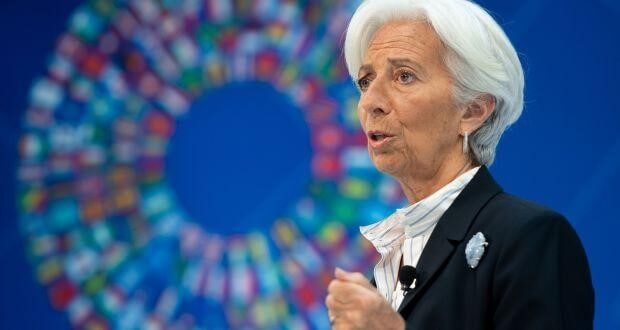
European Central Bank President Calls For Policy Mix
Christine Lagarde, the new President of the European Central Bank, is calling for a European policy mix. In her first address in her new position, the former IMF chief noted major changes in traditional economic models as well as global trade. This call comes at a time when major European economies with budget surplus face increasing pressure to spend.
Slowed Global Trade
Currently, the world is facing its slowest global growth since the great financial crisis. According to Lagarde, there are a myriad of factors that affect trade growth. Top on the list of these factors are trade tensions and geopolitical uncertainties such as those between Hong Kong and mainland China. The new ECB president acknowledges that the changes experienced in recent times are structural.
According to Lagarde, emerging markets are the main drivers of this change. In this regard, there is a change from investment to consumption and manufacturing to services. Additionally, domestic demand is the latest change, drawing away from external demand noted previously. While emerging markets relied on global trade to spur their growth for a long time, the dynamic is changing. More than ever, uncertainties and technology are driving the structural changes experienced in the world currently.
Reordered World Trade
The infiltration of technology is changing the way traditional supply chain was set up. Additionally, new technologies are contributing to the major changes experienced in workplace organization. Add this to new risks emerging from climate change, and world trade is reordering slowly, according to Lagarde. All these have major effects on the exports from the Euro Zone comprised mainly of intermediate and capital goods.
Major economies such as the USA, which now focuses on domestic trade rather than multi-lateral trade, are stirring the financial markets. According to Lagarde, this is not a momentary thing and goes to show the new world trade order that Eurozone countries should coordinate.
She emphasized the need for European economies to focus more on domestic trade to maintain the competitiveness of the bloc. Additionally, she warned that the bloc should not expect the high levels of trade previously experienced.
According to data released by the ECB in September, the Eurozone has forecasted growth of 1.1% this year and 1.2% next year. These figures are after amendments to the same forecasts released in June. Lagarde advises that the zone should focus on domestic trade while still maintaining its core multilateral trades.
The Need For More Investments
According to Lagarde, the best way for the Eurozone to adapt to changes is if leaders embrace a new European policy mix. She encourages more investment especially in the domestic markets to help future proof of the zone from external influences.
Her statement comes at a time when there is increasing pressure on Eurozone countries with budget surpluses to spend more. While investing seems like a viable option, countries like Germany and the Netherlands have been skeptical of the same. The reason for this is that neither wants to increase its debt levels.




